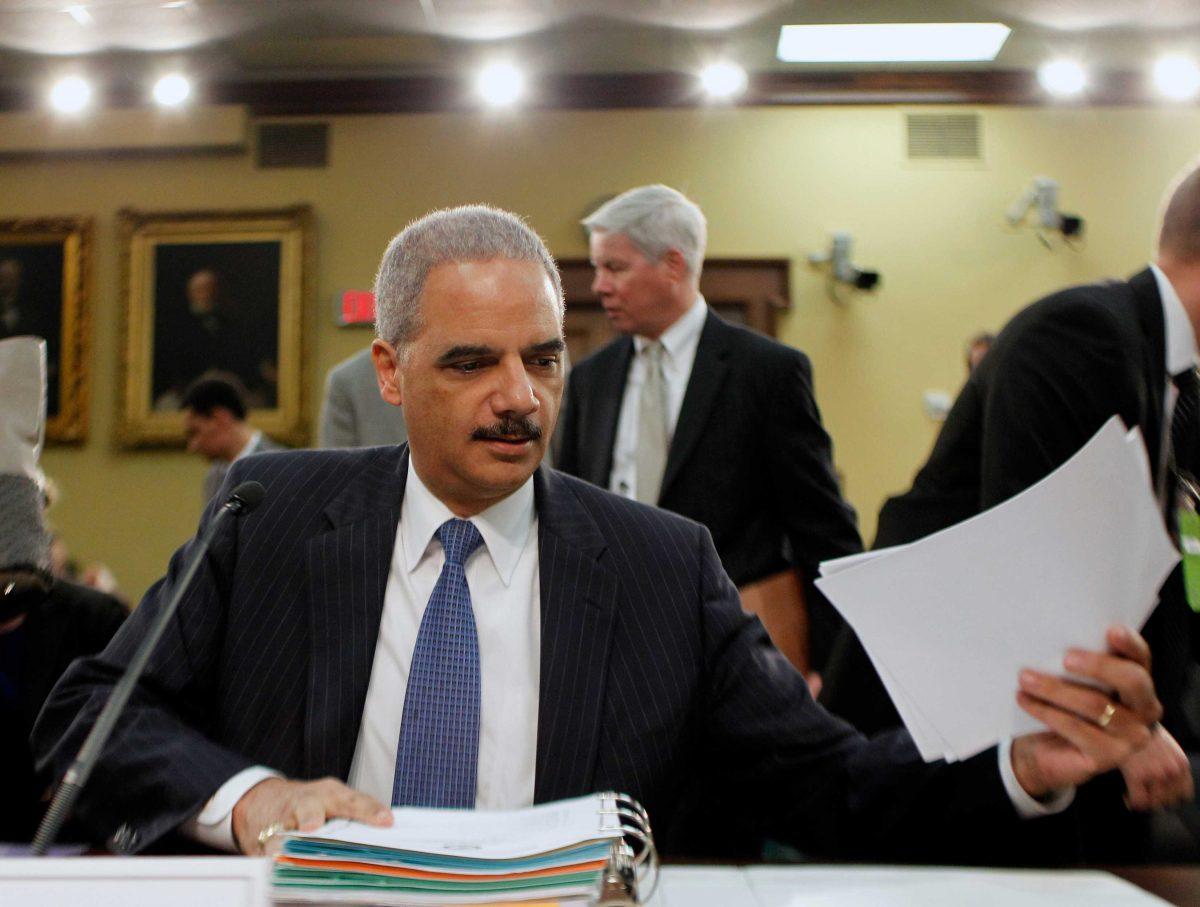It’s all but certain now.
The federal government and telecom companies are in cahoots, surveilling the information traveling through their networks with no regard for privacy or the justification of a warrant.
Last Wednesday, the Electronic Privacy Information Center (EPIC) published documents disclosing the Justice Department’s secret partnership with at least two Internet service providers, AT&T and CenturyLink.
In return for the ability to intercept communications on certain portions of the ISPs’ networks – a possibly illegal under federal laws like the Wiretap Act — the Justice Department hands out “2,511 letters” that secretly grant the companies legal immunity, CNET reported.
Those uninformed to the history of our government’s role in domestic surveillance may find that information shocking. To me, it was just Wednesday.
Word first leaked that the government was eavesdropping on domestic communications back in 2005.
The New York Times published an article by James Risen and Eric Lichtblau entitled “Bush Lets U.S. Spy on Callers Without Courts,” which detailed the National Security Agency’s warrantless, domestic wiretapping.
Next came the lawsuits.
In Hepting v. AT&T, the Electronic Frontier Foundation challenged the company for assisting the NSA with its wiretapping program. Former AT&T technician Mark Klein would testify for the EFF, disclosing some of the first primary evidence about the NSA’s and AT&T’s collusion.
Klein informed the courts about a secret room, Room 641A, being used in a San Francisco switching center to monitor AT&T’s traffic. He even listed the Narus supercomputer being used to mine through all the data.
However, the government came to the rescue then, as well.
In 2008, the FISA Amendments Act passed, granting telecommunications companies immunity for their part in the NSA’s warrantless surveillance. Hepting v. AT&T was dismissed in light of this legislation.
The EFF and Klein weren’t alone.
Several NSA whistle blowers — William Binney, Ed Loomis, J. Kirk Wiebe and Thomas Drake — collaborated to produce a scathing report in 2002 regarding problems at the NSA, including a program called Trailblazer, which they believed threatened privacy rights.
Drake eventually grew frustrated with the lack of response. In 2005, coincidentally the same year the Times uncovered the NSA’s operation, he contacted Siobhan Gorman, a reporter for the Baltimore Sun and fed her information on the program.
How did the government respond?
Two years later, the FBI raided Binney, Wiebe and Drake’s homes while attempting to investigate the leaks that led to the Times article, according to The New Yorker.
Drake was eventually charged with violating the Espionage Act as part of President Obama’s war on whistleblowers. In 2011, however, the government dropped all charges, and Drake pled guilty to a misdemeanor.
Binney has meanwhile become a major spokesman against the NSA’s data retention and surveillance policies, making numerous appearances on news programs to discuss the topic. He was a major source in James Bamford’s 2012 Wired article on the construction of a massive data center in Utah and documentarian Laura Poitras’ New York Times Op-doc, The Program.
You see, EPIC’s release last Wednesday was undoubtedly important and enlightening, yet it was still simply another episode in the story of our government’s growing surveillance state.
To get the full story, you’d have to take into account the Patriot Act, the 600 percent increase in warrantless DOJ surveillance methods between 2001 and 2011 as reported by the American Civil Liberties Union or the ever-increasing rate in which personal data is being handed over by cellphone carriers and websites.
Yet, as the surveillance grows more and more pervasive, people seem to care less and less.
Too often, it seems this issue is relegated to technologists, digital rights activists and privacy aficionados.
Republicans, who so often call upon the Founders, apparently disregard Ben Franklin’s wisdom and are all too willing to sacrifice some liberty for “security.” Democrats are so enamored by President Barack Obama that the fight for civil liberties has all but ended among liberals and any criticism of his administration’s policies is often tempered, lest the More Evil™ Republicans take back power.
Whatever happens, the evidence is out there to warrant at least some concern.
Whether people choose to act on it or not is unsure, and, alas, it is not my job to pry and make sure people are doing as I’d like them to.
But maybe I’m not who should worry you.
David Scheuermann is a 21-year-old mass communication and computer science junior from Kenner, La.





